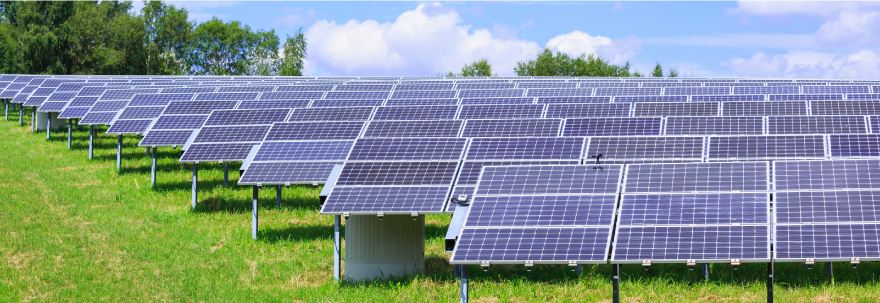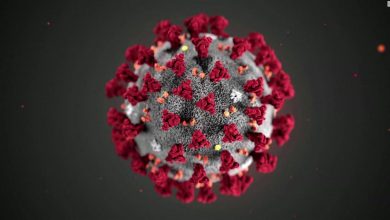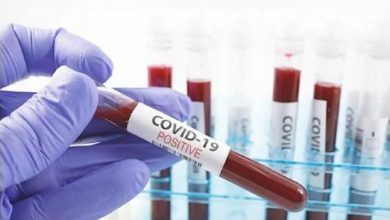
In a development that could be pointing to the fact that the world is yet to learn to live with COVID-19, the pandemic’s global fatalities for this year alone hit a million last week, something described as a “tragic milestone” by the World Health Organisation (WHO).
To date, over six million lives have been lost to the pandemic worldwide since its outbreak in late 2019.
Briefing the media recently, WHO director-general, Dr Tedros Adhanom Ghebreyesus described the development as unfortunate.
“This week, we crossed the tragic milestone of 1 million reported deaths so far this year,” decried Ghebreyesus.
“We cannot say we are learning to live with COVID-19 when 1 million people have died with COVID-19 this year alone, when we are two-and-a-half years into the pandemic and have all the tools necessary to prevent these deaths. Once again, we ask all governments to strengthen their efforts to vaccinate all health workers, older people and others at the highest risk, on the way to 70% vaccine coverage for the whole population.”
He was however quick to say it was pleasing to see that some countries with the lowest vaccination rates were now making up ground, especially in Africa.
“In January this year, WHO, UNICEF and partners established the COVID-19 Vaccine Delivery Partnership to accelerate vaccine coverage in the 34 countries that were below 10% coverage – all but six of which are in Africa,” said the WHO chief.
“Just six months later, only 10 countries still have less than 10% coverage, most of which are facing humanitarian emergencies. It’s especially pleasing to see that coverage of high-priority groups is improving, with many countries making impressive progress towards vaccinating 100% of health workers and 100% of older people.”
He however said much more still needed to be done.
“One-third of the world’s population remains unvaccinated, including two-thirds of health workers and three-quarters of older adults in low-income countries,” said Ghebreyesus.
“All countries at all income levels must do more to vaccinate those most at risk, to ensure access to life-saving therapeutics, to continue testing and sequencing, and to set tailored, proportionate policies to limit transmission and save lives. This is the best way to drive a truly sustainable recovery.”
Meanwhile, WHO has said the number of weekly reported monkeypox cases fell by more than 20% globally, although new cases increased in the Americas, where the global health authority continues to see intense transmission.
“In the early stages of the outbreak, most reported cases were in Europe, with a smaller proportion in the Americas,” said Ghebreyesus.
“That has now reversed, with less than 40% of reported cases in Europe and 60% in the Americas.
There are signs that the outbreak is slowing in Europe, where a combination of effective public health measures, behaviour change and vaccination are helping to prevent transmission.”
He added: “However, in Latin America in particular, insufficient awareness or public health measures are combining with a lack of access to vaccines to fan the flames of the outbreak.






